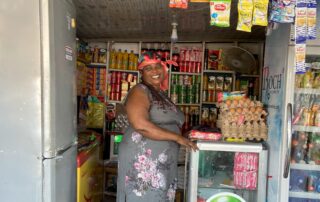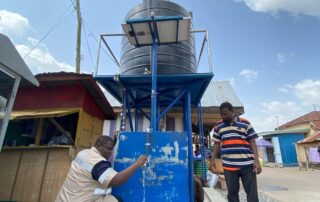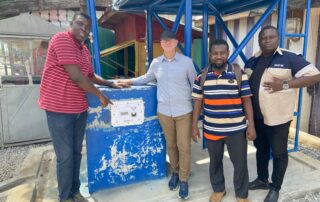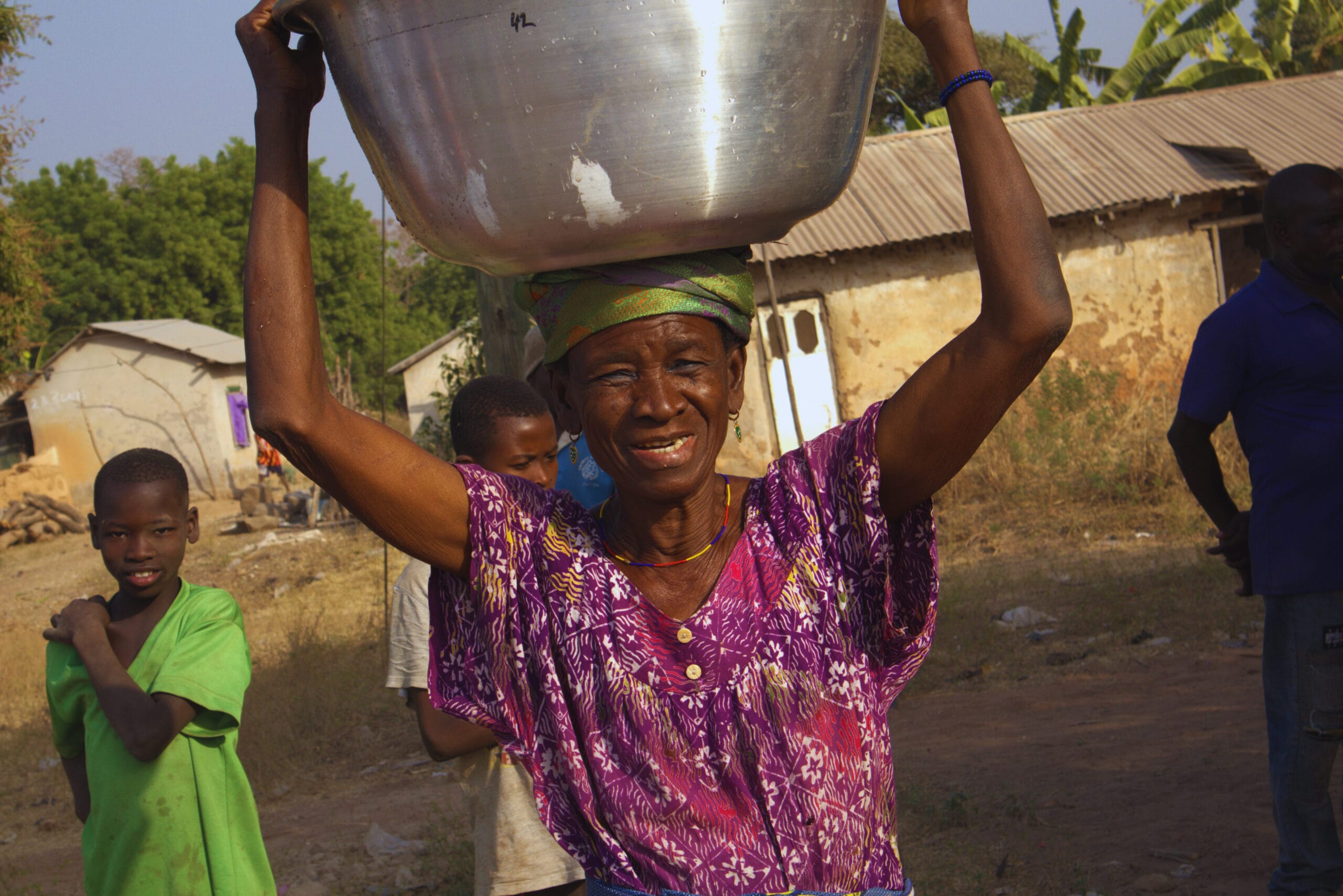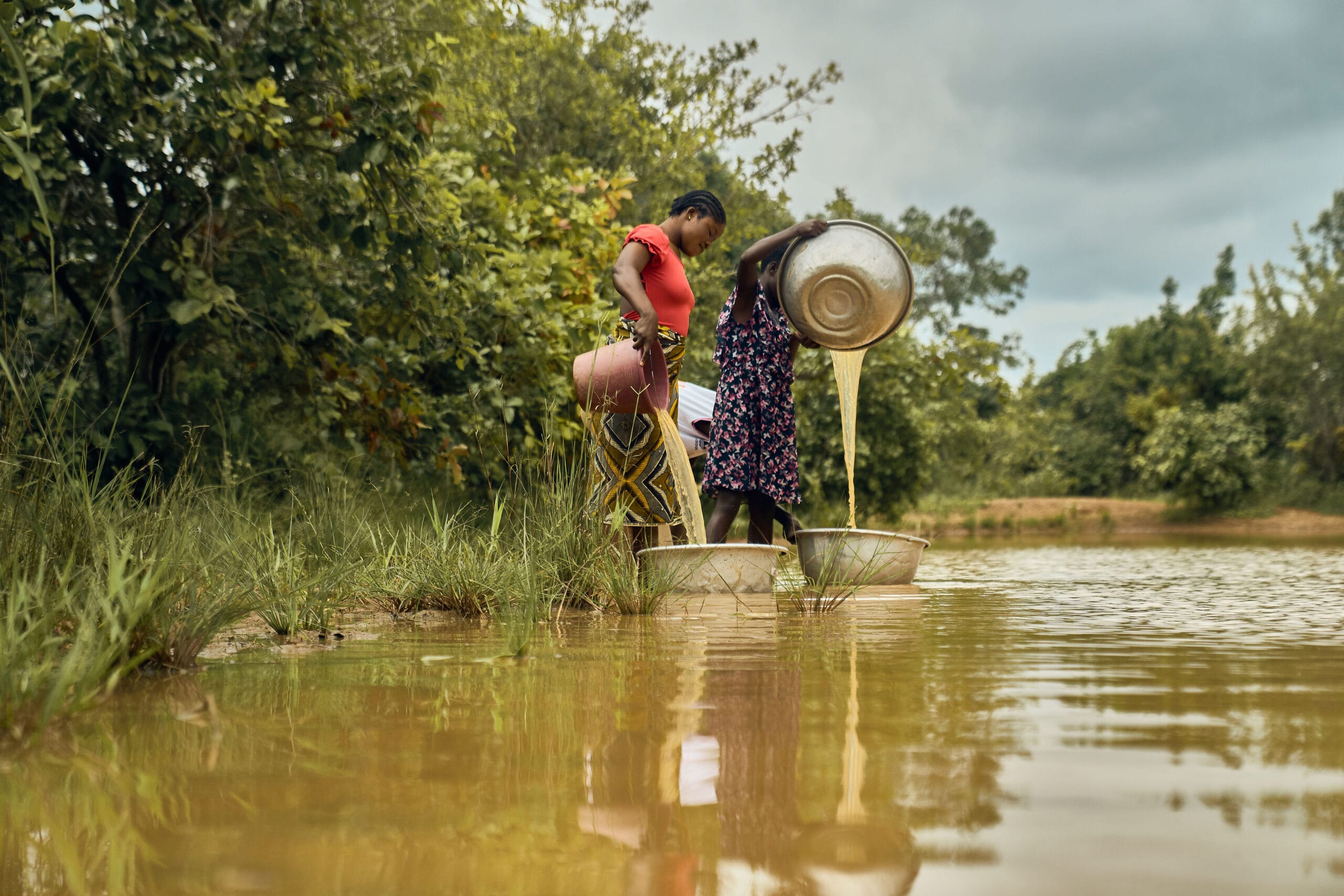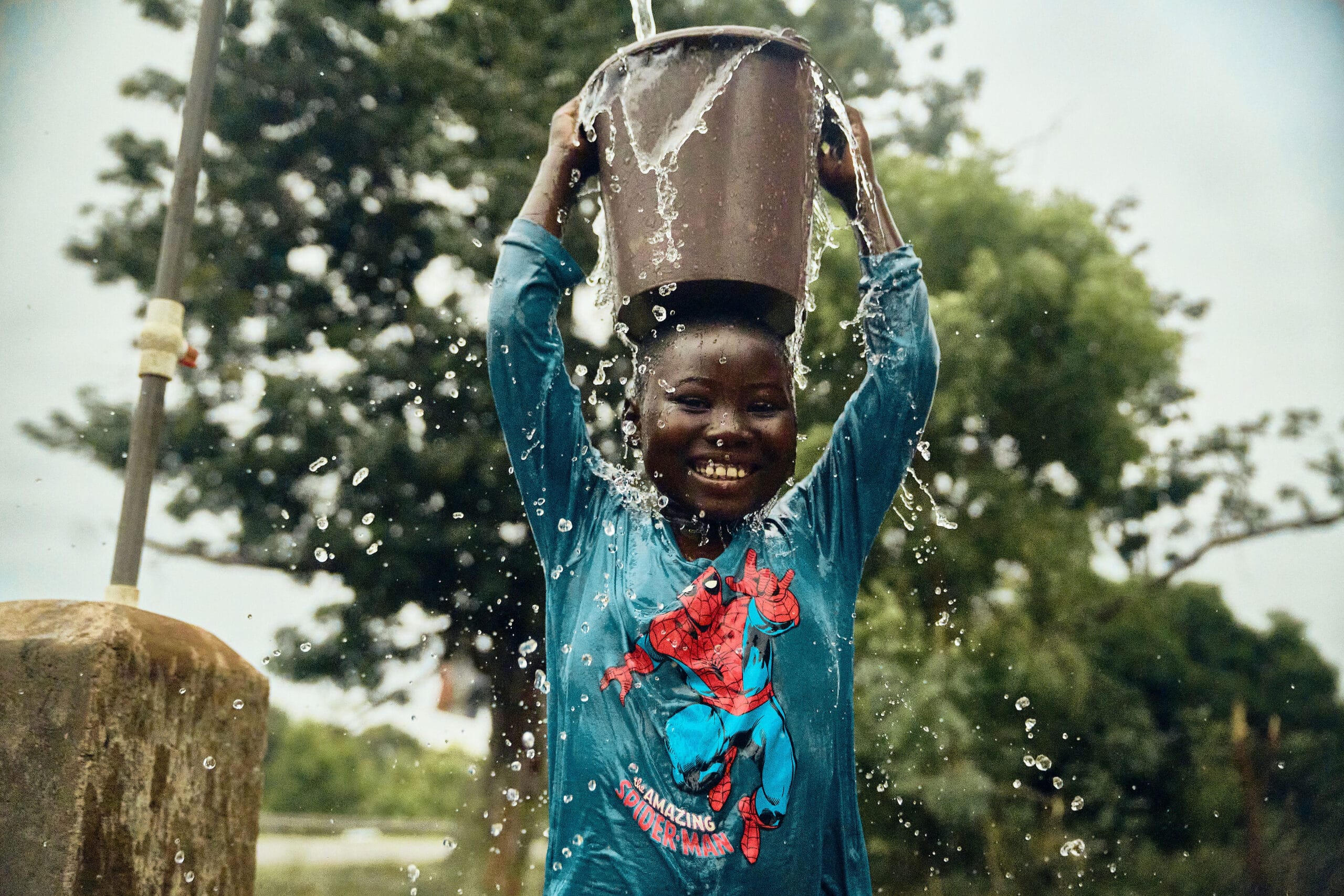Creating Sustainable Solutions
In the heart of Kumasi, Ghana’s second-largest city, an urban slum called Adum occupied a small corner. It was a place where hope and opportunities seemed distant dreams for its inhabitants, especially for the women who faced numerous challenges daily. Water scarcity plagued the community, leaving families vulnerable to disease and dehydration. But amidst the struggles, a glimmer of hope emerged with the partnership between Water for West Africa and UNICEF’s Urban Slum water kiosk global framework.
Water for West Africa (WfWA), a non-profit organization dedicated to providing sustainable water solutions, recognized the urgent need to address the water crisis in Adum. They joined forces with UNICEF, working with children and families, to create a green technology project that would transform the lives of the community’s residents.
The solar powered project aimed to establish water kiosks strategically located throughout the slum, ensuring easy access to clean water. These kiosks would not only alleviate the burden of long walks to distant water sources but would also provide employment opportunities for the local women. Known as the Women’s Access to Safe Hygiene (WASH) initiative, it sought to empower the women of Adum and foster community development.
Grace, a resilient and determined woman, was among the first to seize this opportunity. As a mother of three, she understood the importance of clean water and the impact it had on her children’s health. A key component of the project is not just focused on clean water, but empowering women to have entrepreneurial opportunities. Grace now sell credits from her shop just a few step away from the pay-as-you-go water kiosk. The funds generated provides a source of income for women like grace and her family as well as funding for maintenance and upkeep of the system.
To help with the challenge of clean water resources…
The clean energy water kiosks were built using sustainable technologies that the water provided was safe for consumption. The residents of Adum could access clean water at affordable prices, eradicating the need for long and perilous journeys to distant sources. This newfound accessibility to water brought about a significant reduction in waterborne diseases, transforming the overall health of the community.
Moreover, the employment opportunities created by the project, in addition to sustainable green technology, empowered women like Grace to take charge of their lives. The income generated from running the water kiosks allowed them to support their families, invest in their children’s education, and improve their overall well-being. The women became an inspiration for others, showing them that through determination and collective effort, they could overcome the challenges they faced.
As the project progressed, it also became a catalyst for social change within Adum. The women who once struggled in silence now had a voice. They formed a strong network, advocating for improved living conditions, access to education, and gender equality. Their involvement in decision-making processes brought about positive transformations, allowing their community to flourish.
Through the collaborative efforts of Water for West Africa and UNICEF, the water kiosk project brought about a profound transformation in Adum. The women who once struggled to survive were now agents of change, lifting their community out of poverty and ensuring a brighter future for generations to come. Their story echoed across West Africa, inspiring others to harness the power of clean water, education, and empowerment to create sustainable change.
Committed to Serving
Please help provide life-saving clean water for those who have been displaced by conflict. You can help be part of the solution to this crisis in Northern Ghana by helping to drill five more wells in these communities. Our goal this giving season, we have a goal to raise $50,000 for ten communities in 2023.
